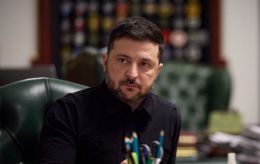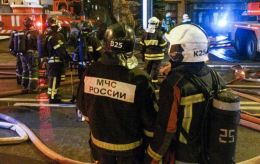'I don't believe in negotiations — 2025 will be year of war,' Ukrainian journalist Kazarin
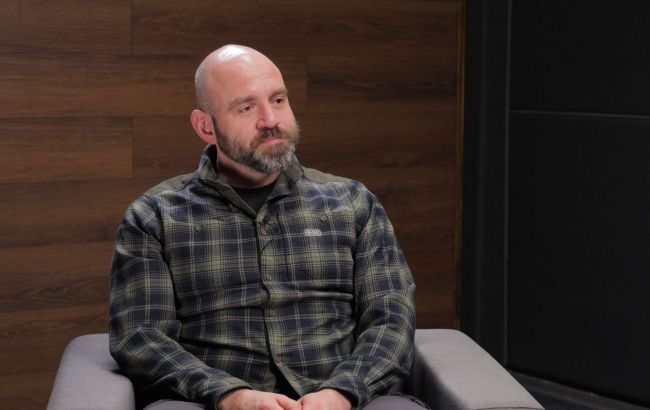 Pavlo Kazarin (photo: RBC-Ukraine screen)
Pavlo Kazarin (photo: RBC-Ukraine screen)
Prominent Ukrainian journalist, author, and soldier Pavlo Kazarin tells in an interview with RBC-Ukraine about mobilization, Russian information-psychological operations, Trump's stance, and reclaiming Crimea.
Pavlo Kazarin is one of the most well-known Ukrainian media figures, whose opinion pieces have often sparked wide-ranging public debates. This was the case before the full-scale war and remains true after it began when Kazarin joined the Armed Forces of Ukraine. Despite his military duties, he regularly communicates with fellow journalists and continues publishing impactful opinion columns.
RBC-Ukraine spoke with Pavlo Kazarin during his short leave when he briefly visited Kyiv, covering a wide range of topics: from military motivation to writing texts during service, from "busification" to red lines in peace negotiations, and, of course, about Crimea - Kazarin's homeland.
The conversation with Pavlo has been edited and condensed for clarity. You can watch the full interview on our YouTube channel.
On writing: Why it became harder
"It’s become harder to write," Kazarin says, reflecting on three years in uniform. "Not because of fatigue, but because the army gives you no time or privacy."
But the deeper reason lies in what he calls the "inner monkey" — a primal survival instinct awakened by war. "It’s angry, reactive, great at staying alive — but it's not good at writing nuanced texts." He refers to social media, where fellow soldiers erupt in rage at the government, the rear, or the civilians. "Everything sucks, the rear is a mess, the politicians are awful, and people don’t appreciate what we’re doing at all," they say.
"That’s the monkey typing," he admits. "You have to keep yours away from the keyboard."
On mobilization and fears of draft dodgers
Kazarin knows the psychological toll of not serving. A childhood friend of his avoided enlistment, paralyzed by fear — of being caught, of being "busified" (a sarcastic term for being stopped and put in a van by recruitment officers) of being sent somewhere unknown. He had spent two years feeling like a draft dodger.
"He felt morally defeated," Kazarin says. "It was like a prison."
Then the friend decided to join Kazarin’s drone unit. "His wife told me, 'He’s mentally healthier now.' He found meaning, camaraderie — and his fears disappeared."
Kazarin rejects the myth that only volunteers make good soldiers. "Motivation is fluid. You can lose it. You can gain it." Some heroes from 2022 have since burned out. Others, forced into service, are thriving.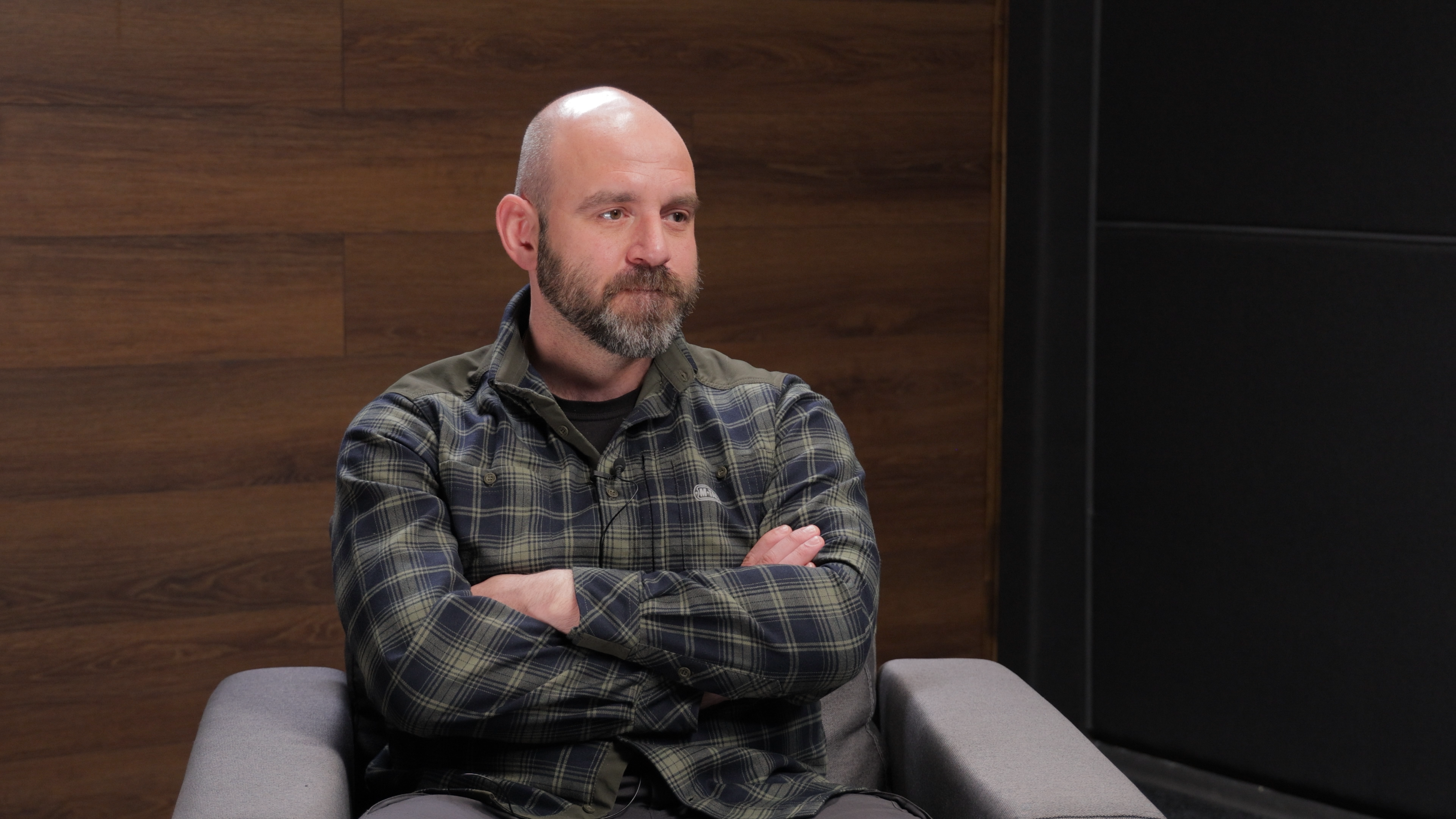
Pavlo also mentions a guy who was "busified" in Mukachevo: "Classic style: fight with the National Police officers, dragged by limbs into a van, etc., joined our unit and really got into it. He's an IT guy and handles "IT stuff": works in the workshop, maintains and flashes drones. His example shows how motivation can be acquired."
On Russian disinformation and hatred around mobilization
Why is mobilization so stigmatized in Ukraine? Kazarin points to Russian information-psychological operations — and how effective they’ve been.
"Disrupting our mobilization is Russia’s top priority," he explains. "They’re trying to turn every crack in society into a trench." This includes demonizing enlistment offices and pushing hate between groups: frontliners vs. civilians, those who stayed vs. those who left.
Some Ukrainians help this agenda — knowingly or not. Kazarin singles out ex-journalist Dmytro Hnap, who now opposes mobilization from abroad. "He claims there are too many people in the army, and that people shouldn't go there. What's his goal? Maybe he's not working for Russia – that's for the Security Service of Ukraine to determine. But maybe he just wants to build an audience so that after the war he can get into parliament or launch some new political movement."
But even legitimate media aren't immune. "Some use clickbait headlines like 'Putin jumped out the window' or 'Disaster at the front' — the content’s fine, but the headline is corrosive."
On red lines in peace talks, Trump, and Putin
Kazarin is firm about what Ukraine cannot accept in any future negotiations. "We won’t accept limits on our military, or interference in our laws — especially our language consensus. If someone tries to say our military should be no larger than 100,000 people - that's a hard no."
He’s skeptical of current peace overtures, especially those aimed at satisfying Western political cycles. “Negotiations only work if both sides want peace. Putin still thinks he can win. So talks are just him buying time.”
"I'm convinced that 2025 will absolutely be a year of war. As long as Putin believes he can win on the battlefield, any negotiations for him are like dream theft. So he'll keep putting forward outrageous demands on the way to even a temporary ceasefire," shares Pavlo.
Kazarin is blunt about Trump’s return to relevance. "You can’t trust Trump. He’s the Dunning-Kruger effect in human form — someone so unskilled in a field they don't even realize their own incompetence."
Still, he warns that Trump’s unpredictability carries real danger. If the US were to recognize Russia's claim to Crimea — even unilaterally — it could open a diplomatic Pandora’s box. "Hungary, Slovakia, others might follow. And that would be the final burial of postwar international law."
On possibility of recognizing Crimea as Russian
On the possibility of the US recognizing Crimea as Russian territory, Kazarin shares a cautious perspective: "One possible scenario is that the US might unilaterally recognize Russian citizenship over Crimea - without demanding it from Ukraine or other global players. This has precedent, by the way."
Kazarin warns, “If the United States recognizes Russian flags over Crimea, then many countries that hadn’t done so before might follow simply because Washington did. That's Hungary, Slovakia, and maybe, if some far-right politician wins in some European country, they too will use the topic of recognizing Crimea as a bargaining chip to get concessions from Brussels." He calls this "a kind of Pandora’s box."
"For now, as far as I understand, this topic is not on the agenda. But maybe it'll come back sooner or later. Donald Trump is quite an unpredictable person," concludes Pavlo.
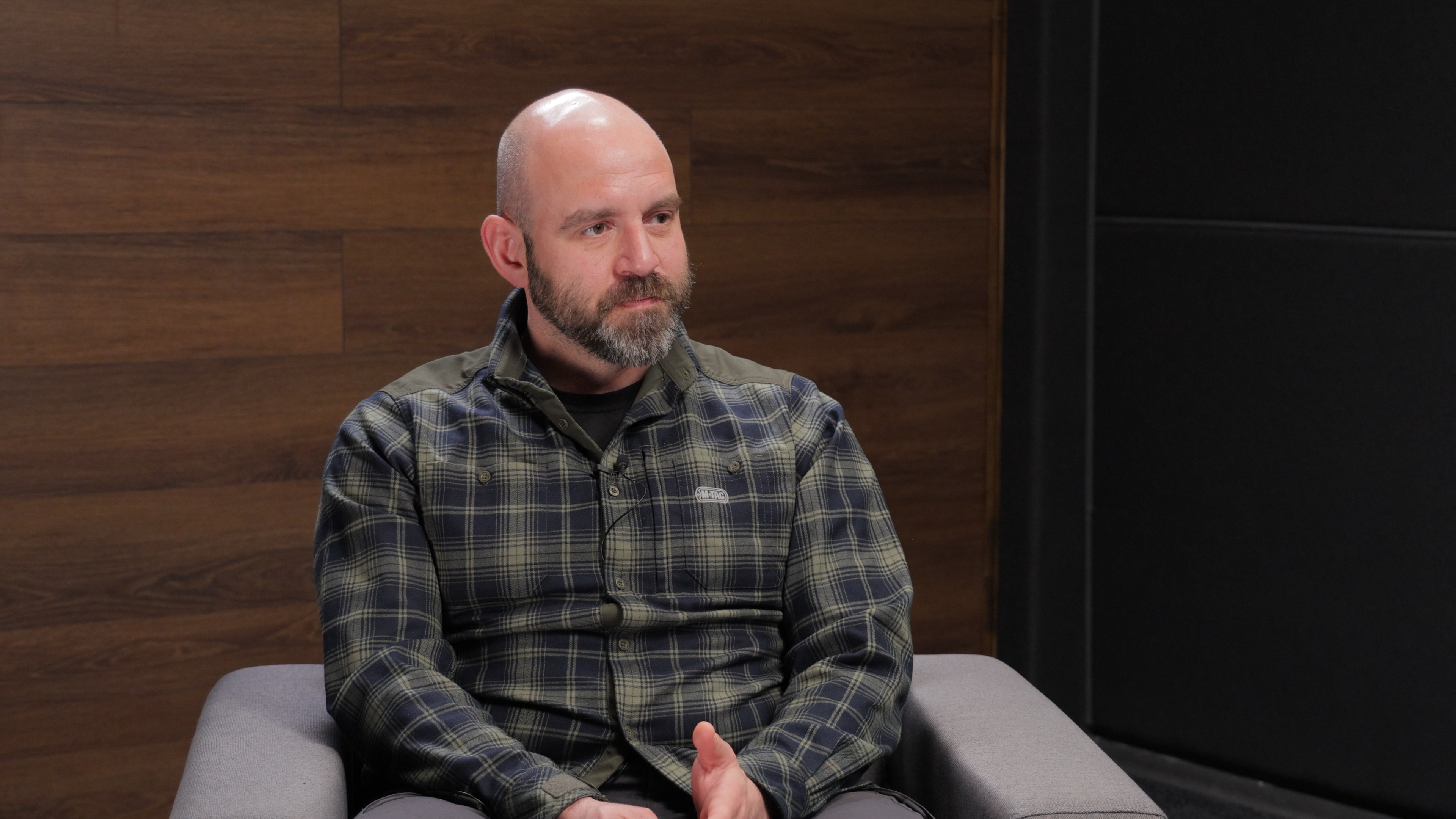
When asked about what he feels when remembers statements like "We’ll take back Crimea soon,” or even jokes about “grilling kebabs in Crimea" at the beginning of the war, Pavlo answers that back in 2022, many Ukrainians - and observers abroad - were filled with hope and confidence and such phrases reflected a mix of optimism and the morale boost needed during the early days of the war.
Kazarin recalls, "It seems to me that in 2022, on the one hand, it was completely natural, because no one expected the level of resilience that Ukraine demonstrated."
After just a few weeks of fighting, the Ukrainian forces had already pushed Russian troops out of key areas around Kyiv, Chernihiv, and Sumy - regions once thought to be lost or under imminent threat. Then came a series of successes: the liberation of Zmiinyi (Snake) Island, the stunning Kharkiv counteroffensive, and later, the recapture of Kherson. "At that moment, expectations were very high," Kazarin says, "and that gave many people reasons for jokes or real hopes about the liberation of Crimea."
However, he points out a major problem: "The main problem of 2022, in my opinion, was that the government kept presenting the war to society as something that wouldn’t last very long." Early messaging framed the war as something short-term - "two to three weeks," then "two to three months" - suggesting a quick resolution was on the horizon. This optimism, while uplifting, prevented the public from fully grasping the scale and duration of what lay ahead.
Reclaiming Crimea remains a critical goal, but it will take time, resources, and sustained effort. Understanding this reality is essential - not just for military strategy, but for maintaining public morale and unity over the years to come.
